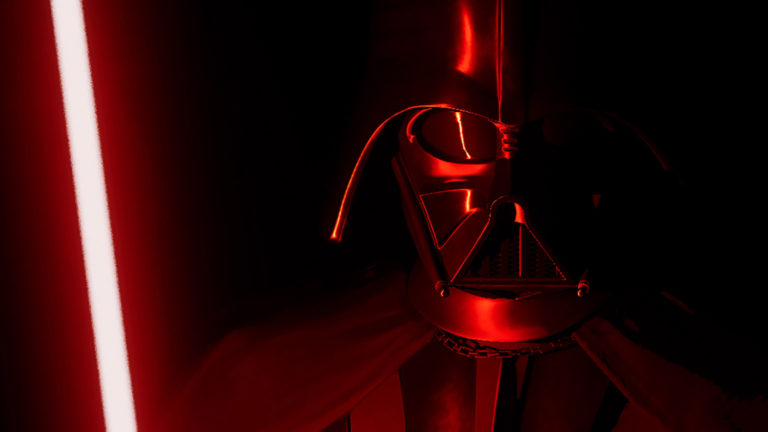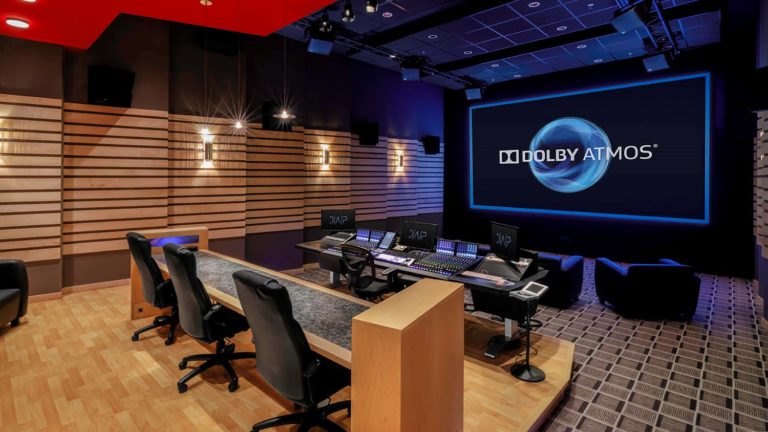The seasoned musician talks about how he's turning his company into the production music and brand management "house of yes"

What’s new at AECG (formerly Alan Ett Creative Group) and how many companies operate under its umbrella?
One of our more recent offshoots of the Opus 1 Music Library is The Artist Series, in which we’re signing bands to represent their music for licensing. Some of them are emerging bands, some of them are known, with maybe a record deal in one country but no representation in the U.S. It’s great-we have a lot of indie artists and songwriters, in every style and genre from hip hop, rock, folk, country, jazz, whatever. We’ve been very successful, from the beginning (1991), at getting relationships established in a variety of media, from TV to advertising, and creating subsidiary companies to handle those relationships. That’s unusual for a music company. Media City Sound, the first of our stand-alone spin-off companies, started off simply recording music for shows, but soon moved into doing voiceovers and mixing the shows themselves. Now, we probably do about 150 projects a month out of that facility. The Music Collective, a newer name for this group that more significantly reflects our international character, is still doing what it’s always done: producing music, writing music-everything from conceiving music for media to clearance, mastering, licensing, producing, composing, orchestrating, whatever needs doing on the creative and business side. But because we were creating so much music and retaining ownership, we created Opus 1 Music Library. It’s a music library in the traditional sense, in that we represent preexisting music for licensing. We control both the master recording and the publishing, so we’re basically a one-stop shop. We represent something on the order of 100,000 copyrights and Opus 1 currently operates in 60 territories worldwide.
Don’t always assume you can’t afford something, because you might find out that you can. We have relationships with so many publishers. You might find, for example, that a particular licensing deal is much less expensive than hiring a composer. So like my father always said, “It never hurts to ask.” The other thing I think people need to know is that there are any number of ways to go. You can use library music to score shows-or you can even create your own library-which may help you score on budget and on schedule. The ad community has really slashed budgets lately, so it’s definitely hurt the business. But if you don’t want to go the library route, we work with you to find a more cost-effective composition, say with a less high-profile composer, or even with someone you love. In today’s world, samples are so good that most of what you hear on TV is not a live orchestra. You don’t have to go to Budapest or Prague anymore to record a full orchestra.
What about state tax incentives?
They can help a lot. In those states that give them, including Connecticut, Mississippi and North Carolina, for example, you might get as much as 25% back for your music costs. The idea is to find the people and the company that can give you exactly what you want first. We’ve done everything from a full orchestral recording for Griffith Observatory to a Korean hip hop segment for Lost. We can also remix music on shows that can’t be rereleased due to music copyright issues. Whatever you’re looking for, we like to think we are the “house of yes.”
We already have a partnership with Japan’s Fuji Media Holdings through its U.S. subsidiary, Fuji Entertainment America. We’re helping them re-establish a North American presence, after they sold off Windswept, the largest independent music publisher, because they no longer had a footprint here. They made a deal with us to administer all the works they were going to buy, and they started to buy more catalogs, including Six Palms Music and Third Story Music. They are in the process of buying additional catalogs, some of them with huge popular appeal, which we’re in the process of finalizing with them right now.
What’s next?
We’re basically emerging as a new-era version of a studio, a vertically integrated one, with serious synergies among groups. AECG is moving beyond music into both scripted and uscripted media production. Our newest branch of the company partners with brands, to help them reach their audiences through the leveraging of some of their intellectual property and creating content from that. We’re just beginning to develop those. We’re representing, for example, the children’s book Bear Crimbo, by M.W. Goss, and we’re looking at how we can expand that brand to T.V. shows, touring shows and Webisodes. But we can also do audio post, we can help you hire a composer or a group, we can get your song out there, we can help you collect on it worldwide, and, most important, we can help you sell it.
For more information about AECG, go to www.alanettcreativegroup.com.
Crafts: Audio
Sections: Business Technology
Did you enjoy this article? Sign up to receive the StudioDaily Fix eletter containing the latest stories, including news, videos, interviews, reviews and more.









